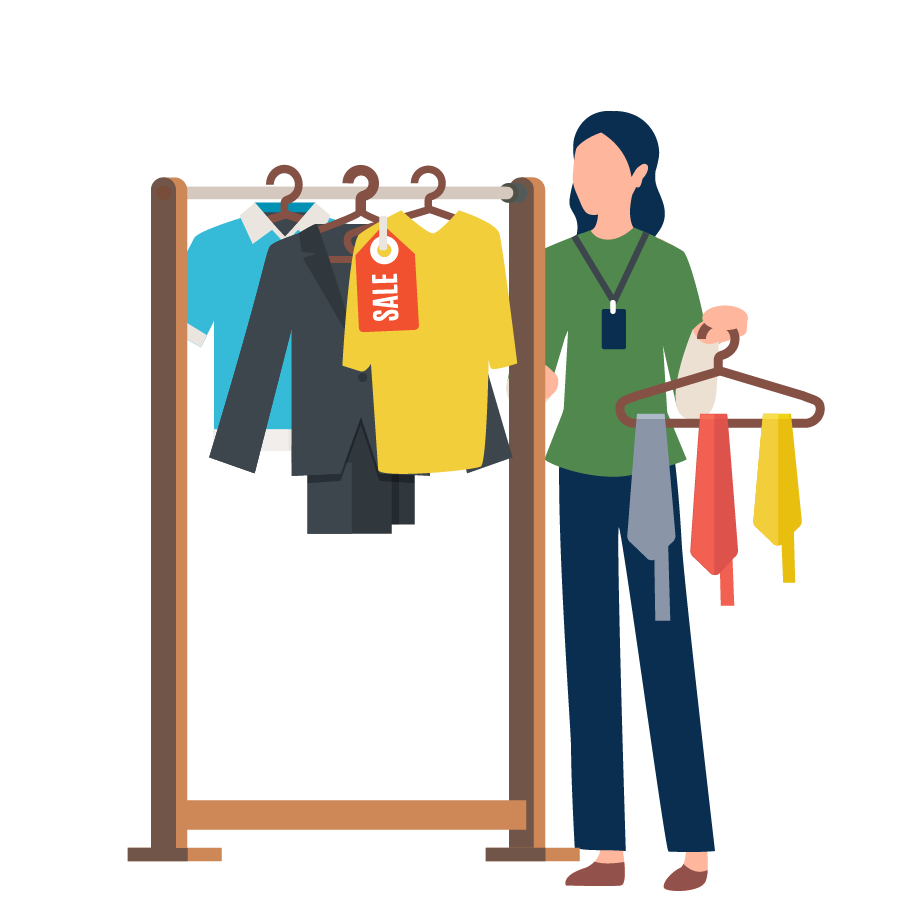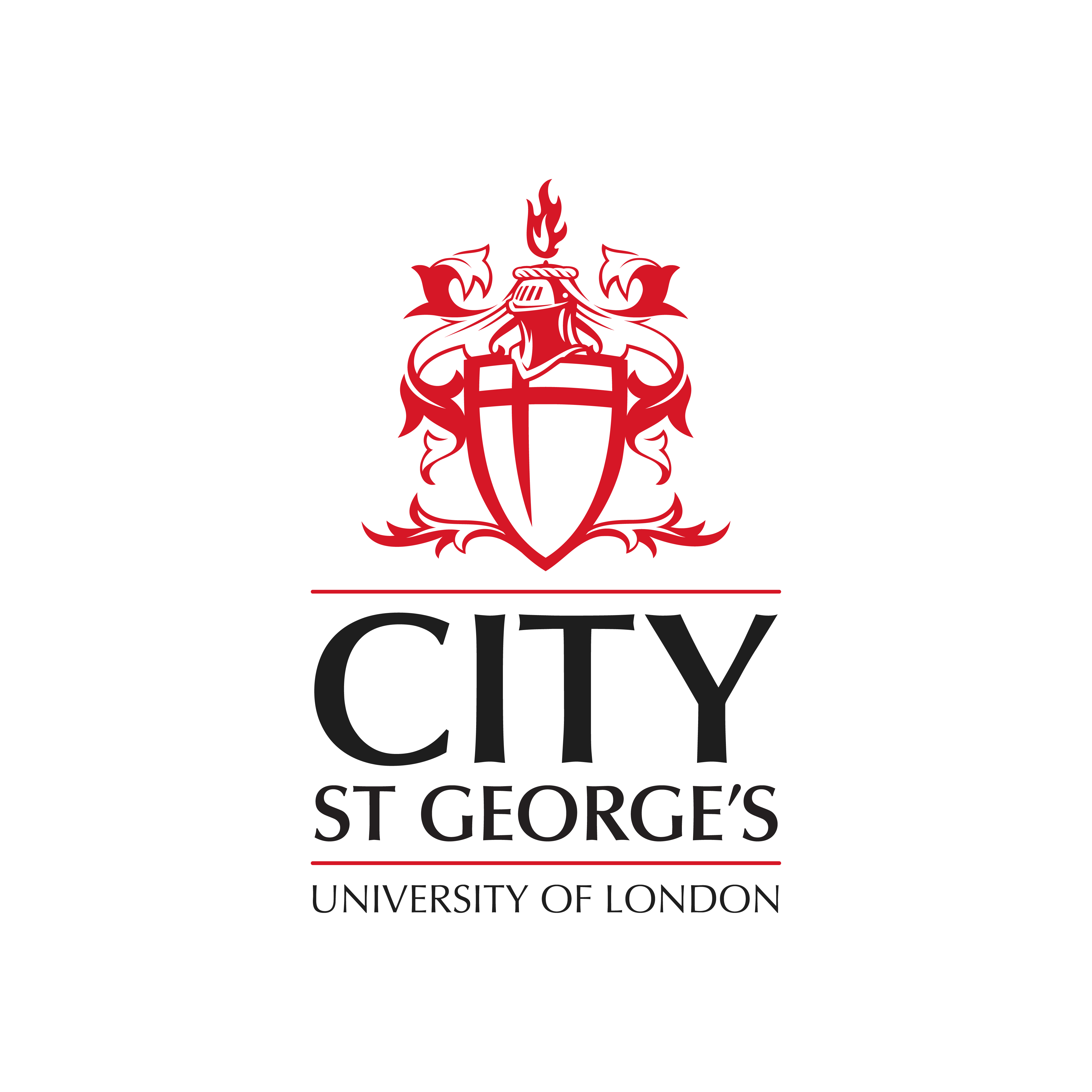Why are we doing the research?
Most young people do paid work before they finish school or college. For those who continue their studies at university, paid work is increasingly common due to rising student fees and a spiraling cost of living crisis. Girls and young women are especially likely to undertake paid work alongside their studies. Common jobs include babysitter, retail cashier and waitress, and – increasingly – many engage in income-generating activities involving digital platforms such as Etsy, Depop and Instagram.
Whilst previous studies have suggested that gender inequalities exist even in these early forms of work, we still know little about the detail of young people’s first experiences of work, nor how these may engender longer-term patterns and establish differences between men’s and women’s working lives that we know grow as workers get older. Indeed, even though young women now outperform men in education, and outnumber them in higher education, by the time they hit their 30s, working women experience a growing gender pay gap.

A large part of this is due to occupational segregation, and the concentration of women in more insecure work and lower-status jobs. Moreover, many of the gains made in women’s employment have been stalled by recent economic disruption, including austerity and the COVID-19 pandemic, with government ministers, women’s charities and business representatives voicing concerns that we risk rolling back on previous improvements in gender equality.
To address these challenges there is an urgent need to revisit our knowledge about young women’s early experiences of work and reconceptualise labour market entry. This study will bring in the heretofore invisibilised experiences of paid work that young women accrue before they officially transition from education, and which have been under-theorised in studies of gender and work to date. In doing so it will advance understandings of how the work of very young workers, including that undertaken alongside learning, contributes to gendered inequality in the workplace.

What will the project achieve?
The study’s overarching objective is to provide empirically evidenced policy relevant knowledge that advances theoretical understandings of young women’s working lives, and the experiences, knowledge, values and structural conditions that shape them.
To achieve this, we will utilise a range of methods to examine different phenomena, including: analysis of existing national surveys for drawing out large-scale patterns, trends over time and over individual life-courses; focus groups and interviews with 180 young women (14-29 years old) to drill deeper into key issues, including views on good work, past experiences and transitions, and hopes for the future; and interviews and roundtables with stakeholder representatives to ensure the research has broad impact.
Alongside academic journal articles and conference presentations, findings will be disseminated through social media, news articles, a project report and policy briefings, a final dissemination event, and a short film that foregrounds the voices of young women.

Who is involved?
The study is led by a team of interdisciplinary researchers working across Work and Employment Studies, Youth Studies and the Sociology of Education. The research is supported by both a project advisory group (comprised of academics and stakeholders) and a young women’s advisory group (facilitated by The Young Women’s Trust), ensuring that young women themselves have a central role in shaping the research.




